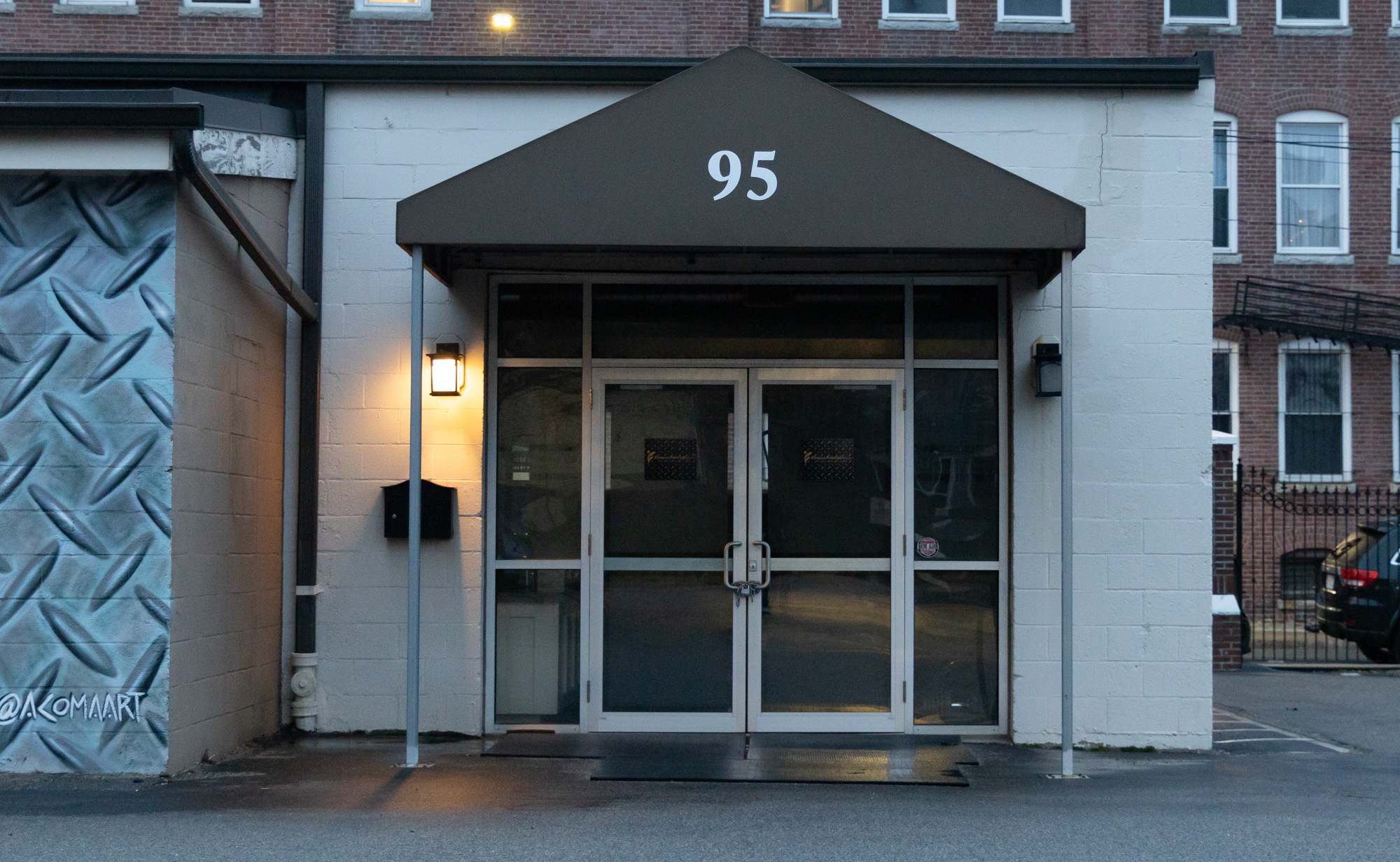New housing developments on 95 Everett Street in Allston-Brighton will receive government funding after Mayor Wu announced $69 million in funding for affordable housing developments throughout Boston on Friday.

“These developments are designed to offer residents stable and economically viable housing options,”the city’s Chief of Housing Sheila Dillion said in a press release. “These funding awards will support the creation of rental, homeownership and supportive housing developments, catering to the diverse needs of the community.”
The development on 95 Everett Street is part of the 119 Braintree Street project, consisting of two new buildings, including a 12-story commercial building and residential building including 88 units, 74 of which will be income-restricted, according to a press release from the Boston Planning & Development Agency.
According to plans from 2023, the project will create an elevated walkway connecting the development at 119 Braintree Street to the Everett Street Bridge, connecting Braintree Street to Lower Allston. The development is also slated to provide new pedestrian connections to the Boston Landing Station, along with creating wider sidewalks and new street trees.
Charlie Adams, the regional vice president for Pennrose LLC, the project developer, said the 88 units of affordable and workforce housing will make it easier for residents to use public transportation.
Adams said the development will bring affordable housing to a location where the residents can access public transportation, highlighting the housing is “a 30 second walk from the development to the train station right there in Allston-Brighton.”
Adams also said the city council has been supportive of the development, and requested the construction of townhomes designed by IDD Architecture.
“We’ve incorporated … six three-bedroom townhomes directly on the ground level, with their own separate entrances,” Adams said, adding that there will also be four three-bedrooms throughout the development. “It will be family housing for folks.”
Anthony D’Isidoro, the president of the Allston Civic Association, said the city of Boston has been working to diminish “the wealth gap, especially in low income communities” through home ownership.
“Allston-Brighton can’t do it by themselves,” D’Isidoro said. “At some point … there’s a finite amount of development that you can do and still maintain a quality of life for community residents.”
The Allston Civic Association has been striving to get as many affordable units as possible to “not only attract especially young people, but more importantly, to be able to retain residents and allow them to stay in our community,” D’Isidoro said.
D’Isidoro said he is happy to see funding that will provide a “high percentage of affordable housing and deeply affordable housing, which is [a] dire need” for the Allston-Brighton community.
“This is the kind of housing that people in our community hopefully can afford, as opposed to the market rate stuff that’s being built,” he said.
Allston residents echoed the need for affordable housing.
“I actually just had a roommate move to Arlington, because housing was too expensive here,” Ashley Dyer, an Allston resident, said. “It means a lot that [the city] is trying to make housing more affordable.”
However, other residents raised concerns regarding how the new development will impact the community.
Kerri Bonney, an Allston resident who has lived in low income housing her entire life, said she does not feel the new development will help her.
“Even though they’re putting a new building up on Everett street … I doubt that it’s going to help Allston-Brighton residents,” Bonney said. “They’re going to house people that are outside of Allston-Brighton, when they should start with people that live here first.”
Bonney also mentioned the community’s shifting demographics, such as the increase in students and young business professionals, are pushing families out of the area.
“Now, I find that families are leaving the Allston-Brighton area because they can’t afford the rent,” Bonney said. “Rent just skyrockets, and no one can afford it.”
Adams said the project now awaits additional funding from the state.






















































































































